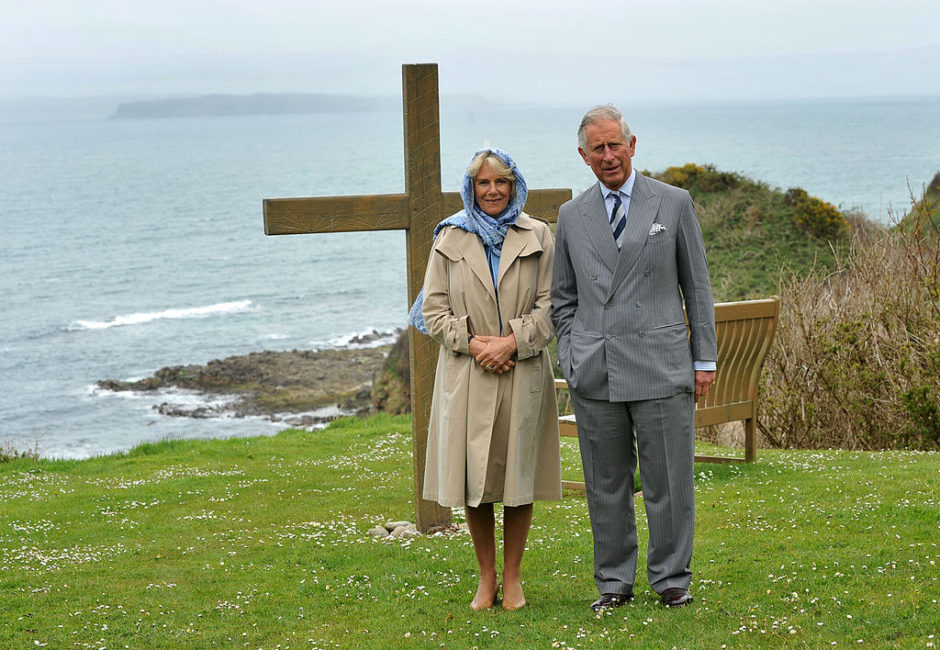Prince Charles, the heir to the British royal throne, has expressed an opinion about an important facet of the Arab-Israeli conflict that could have been taken straight from the mouth of a pro-Arab British official during the Mandate period in Palestine.
In a letter to his friend Laurens van Der Post, he dashed off a few words about his visit to Saudi Arabia, Bahrain and Qatar. “This tour has been fascinating and have learnt a lot about the Middle East and Arab outlook,” he wrote on November 24, 1986.
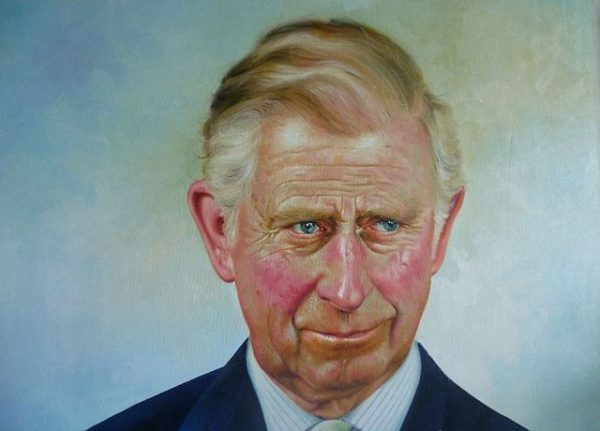
He went on to say: “I now appreciate that Arabs and Jews were all Semitic people originally, and it is the influx of foreign, European Jews (especially from Poland, they say) which has helped cause great problems.”
It is not clear which era he was referencing, but he was probably writing about the British occupation of Palestine from 1917 to 1948.
During these turbulent times, Palestine, formerly an Ottoman colonial backwater, was a tinderbox on the verge of exploding, with Arabs and Jews clawing at each other’s throats. Buoyed by the promise of the 1917 Balfour Declaration, Jews dreamed of creating a Jewish state in their ancestral homeland. Convinced that Palestine belonged exclusively to them, Muslim and Christian Palestinian Arabs consistently opposed Zionist plans to buy land and bring in yet more Jewish immigrants.
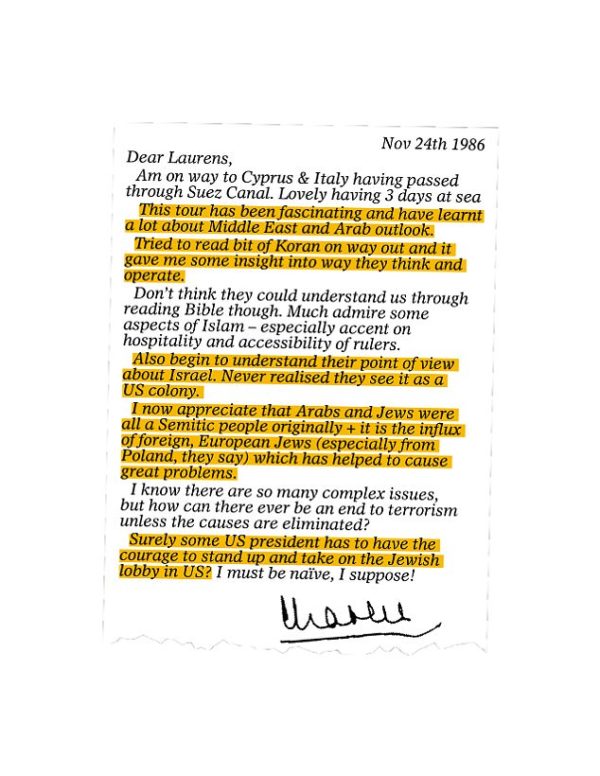
Cognizant that these incendiary issues could cause untold chaos, Britain commissioned a series of reports, known as White Papers, to resolve the endemic problems that roiled Palestine.
The first White Paper, issued by Winston Churchill in 1922, established the principle of “economic absorptive capacity” as the factor that would determine the number of Jews allowed into Palestine.
In 1930 the British issued several more reports about the continuing tension in Palestine.
Sir John Hope Simpson recommended that Jewish settlement should be subjected to strict controls. The Shaw Commission concluded that Arab-Jewish disturbances at the Western Wall in 1929 had been due to Palestinian fears over Jewish immigration and land purchases. The White Paper, presented by the colonial secretary, Lord Passfield (Sidney Webb), said that immigration should be based on the country’s ability to absorb newcomers.
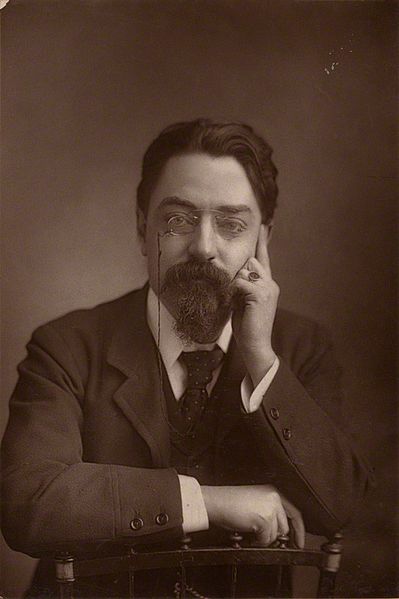
In 1937, William Robert Wellesley Peel called for an entirely new solution — partitioning Palestine into Jewish and Arab enclaves.
The next White Paper, released on May 17, 1939, rejected the Peel Commission. It advocated the establishment of a binational state within a decade, decreed that Jewish immigration should be limited to 75,000 in the first five years, and recommended that land acquisitions by Jews should be drastically restricted.
These were draconian recommendations, given the fact that Jewish refugees fleeing Nazi Germany and fascist Italy had very few places to go on the eve of World War II. When he wrote his letter, Prince Charles seems to have been oblivious to the perils that faced Jews in the late 1930s in Europe. Which is why his spokeswoman issued the following explanation:
‘This letter clearly stated that these were not the Prince’s own views about Arab-Israeli issues but represented the opinions of some of those he met during his visit which he was keen to interrogate.
“He was sharing the arguments in private correspondence with a long-standing friend in an attempt to improve his understanding of what he has always recognised is a deeply complex issue to which he was coming early on in his own analysis in 1986.
“Over the years, the Prince has continued his study of the complex and difficult themes he referenced here. He has built a proven track record of support for both Jewish and Arab communities around the world and has a long history of promoting interfaith dialogue and cultural understanding.”
This claim is glib at best.
Judging by the tone of the letter, Prince Charles appeared to be voicing his own views rather than those of his Arab hosts. He’s entitled to his opinions, but no one should think he was writing as a neutral observer. Prince Charles definitely conveyed the simplistic view that Jewish immigration was the root cause of the troubles that beset Palestine before the creation of Israel in 1948. In reality, the causes were far more complex.
Prince Charles, in his letter, got himself into hot water as well by regurgitating an antisemitic trope. In a reference to American support for Israel, he wrote, “Surely some US president has to have the courage to stand up and take on the Jewish lobby in US? I must be naive, I suppose!”
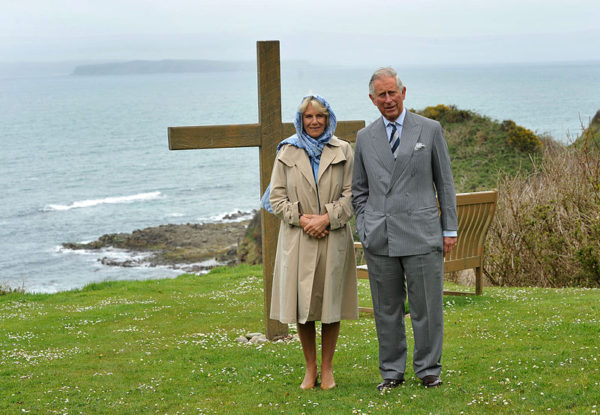
The notion that Jews pull the strings from behind the curtains has been adopted by a succession of antisemites over the centuries. Presumably, Prince Charles is not hostile to Jews, but his choice of words was most unfortunate and, perhaps, incriminating.
Thirty one years have elapsed since he wrote this letter. Prince Charles may have revised his views since then. But no one will really know unless he says so clearly. A clarification from him would be helpful.
